Generality
The TORCH test is a complex of analyzes capable of detecting the presence of various pathogens, known to be the cause of dangerous congenital infections.
This series of tests is recommended for all pregnant women and is carried out with a simple blood sample.

What's this
The TORCH test is part of the screening tests recommended for pregnant women. This investigation is able to detect the presence of antibodies directed against some infectious agents, which can cause serious consequences in the fetus and newborn.
More specifically, the TORCH abbreviation means:
- T = like Toxoplasma gondii, causative agent of toxoplasmosis (infection);
- O = Others, that is "other" pathogens / infectious diseases (such as syphilis, varicella-zoster virus, HIV, Coxsackie virus, Epstein-Barr virus, Parvovirus B19 and hepatitis virus); groups together the tests that are recommended to be performed before pregnancy to detect other types of infection and avoid consequences for the baby;
- R = like Rubella;
- C = like Cytomegalovirus (CMV);
- H = like Herpes simplex virus (HSV).
Although some of these infectious diseases become chronic, in adults with normal immune defenses they may present without symptoms and / or without causing particular problems.
However, contracting a primary infection during pregnancy carries a high risk of transmitting the pathogen to the embryo or fetus for the expectant mother, often with serious consequences (including intrauterine death, premature birth, congenital malformations or organogenesis defects) .
For the unborn child, infectious diseases evaluated with the TORCH test can therefore be very dangerous, especially if contracted in the early stages of intrauterine development. The risk varies according to the infectious agent and the weeks of pregnancy and tends to decrease as the gestational period progresses.
Note
Not all infectious diseases tested with the TORCH complex are dangerous to the fetus in the same way. The damage they can cause, then, largely depends on the gestational phase in which the mother contracts the infection.
Furthermore, some of these pathogens have the characteristic of being able to undergo reactivation (eg herpes virus), so immunization (presence of IgG) does not guarantee safety for the pregnant woman and the fetus.
From these considerations derives the importance of a continuous and careful monitoring of the TORCH complex.

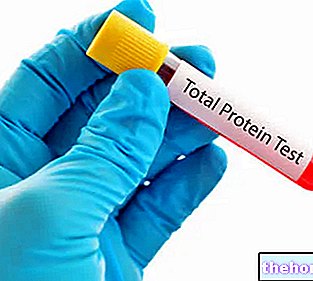
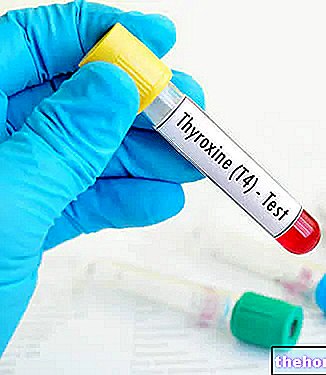

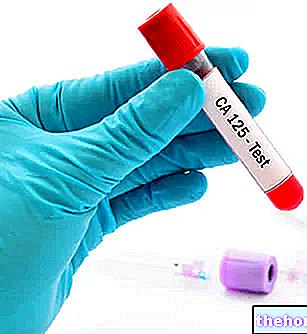
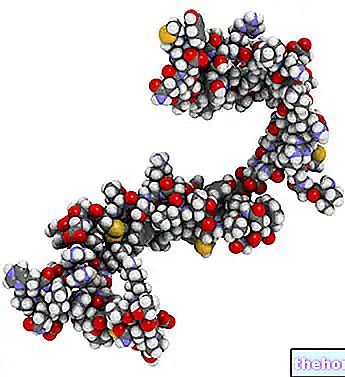
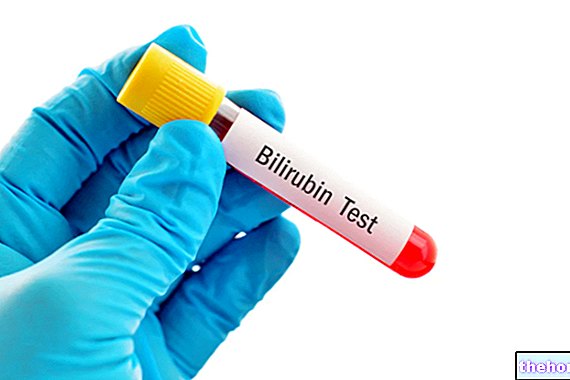









.jpg)











